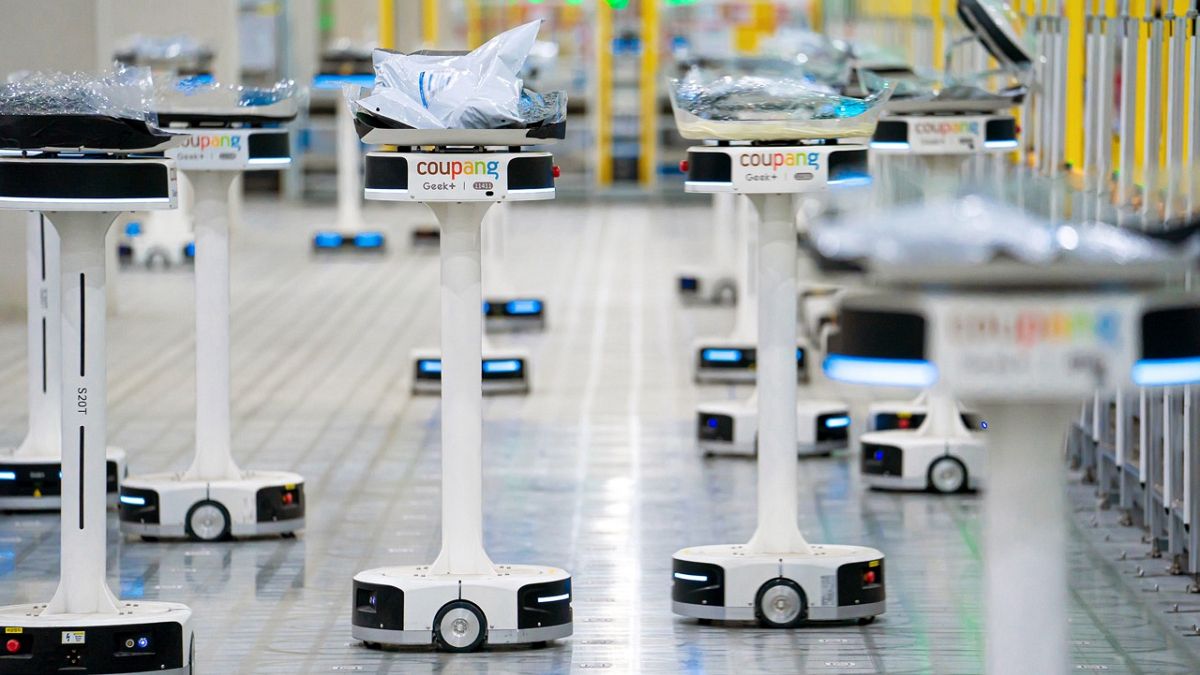The European Commission might consider providing “alternative solutions” in case technical standards for use by companies seeking to demonstrate compliance with the EU’s AI Act are not ready on time, a spokesperson for the Commission told Euronews.
Euronews reported earlier this month that CEN-CENELEC, the main bodies drafting standards under the Act for the Commission, are behind schedule.
The standards were scheduled to be ready by August 2025 but will now be ready in 2026, said CEN-CENELEC, which consists of 34 national standardisation bodies of European countries.
“If needed, to address delays and/or possible gaps, the Commission might consider temporary alternative solutions to provide guidance to providers and support them in their compliance efforts,” Commission spokesperson Thomas Regnier said when asked by Euronews whether the delay will cause issues for companies.
In 2023 the Commission asked the organisations to work on standards in support of the AI Act, which allow manufacturers to demonstrate that their products, services or processes comply with the rules and that they are safe, trustworthy, and compliant.
Regnier said that those standards “are not mandatory”.
Providers can still develop high-risk AI systems without standards being available. “However, standards will make compliance efforts much easier for providers of high-risk AI systems. Hence they will play an essential role in the implementation of the AI Act,” he added.
Once the first standards drafts are ready this year, they will face mandatory rounds of editing, an assessment by the Commission, as well as consultations and votes.
The AI Act, which aims to regulate high-risk applications, became applicable in August of last year, and is gradually being implemented. The act will be fully in force in 2027.
The Commission said it aims to ensure that providers and conformity assessment bodies can prepare well before the legal requirements enter into force, which is August 2026 for some of the high-risk systems.

